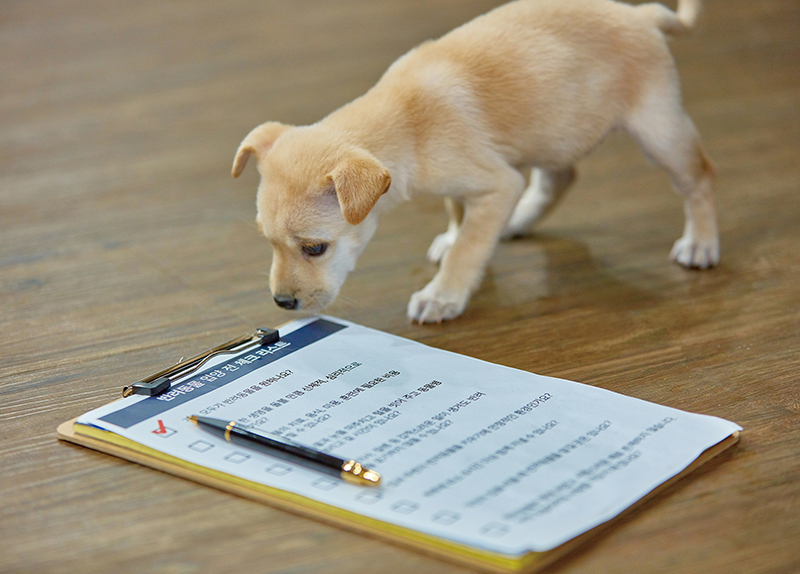 What’s This About?
What’s This About?Pets can be invaluable sources of comfort and support, offering companionship and unconditional love that can enhance our lives immensely. However, owning a pet also comes with significant responsibilities and challenges that raise an important question: should prospective pet owners be vetted? The two panelists will now present their arguments on this topic.
Constructive
Pro Finn
I stand firmly in favor of vetting prospective pet owners. The primary reason for this is the welfare of the animals. Pets are not objects. They are living beings that depend entirely on their owners for food, water, care, attention, and shelter. Unfortunately, many people adopt pets without fully understanding the responsibilities involved, which often leads to the animals experiencing neglect, abuse, or abandonment. For instance, many people are drawn to Siberian Huskies’ friendly nature and appearance but forget to consider if this breed’s extremely active nature would suit their lifestyle and family. Unprepared new owners thus often find themselves overwhelmed by the behavioral issues that arise from the dogs’ restlessness. Vetting can help ensure that only those genuinely prepared and capable of providing a loving home can adopt pets.
Con Alice
I am against vetting prospective pet owners. While I appreciate the emphasis on animal welfare, mandatory vetting could be seen as overreaching, undermining personal responsibility and the right to make independent choices. Furthermore, introducing a vetting system creates an unnecessary barrier to pet ownership, the bureaucratic processes deterring those who may be perfectly capable of providing a loving home from adopting animals. For example, animal shelters and rescues screen candidates before they can adopt their new pets. These pet adoption screenings can be rigorous, with applications sometimes denied multiple times because the candidates work full-time or don’t have enough space for the pet to run around in. As a result, animals dearly in need of homes often find themselves waiting in cages for months and even years.
Rebuttal
Pro Finn
Even if we relax the requirements for adoption to find homes for every animal, the effort would be all for naught if it comes at the expense of their well-being. As I mentioned, many cannot or are unwilling to handle the long-term commitment or the costs associated with pet care. Some accidentally end up harming their pets with carelessness, while others lose interest and abandon their pets in shelters or on the streets. A background check on previous ownership history is necessary to ensure that individuals with a record of neglect and mistreatment will not get to repeat those actions. Moreover, vetting prospective pet owners promotes responsible pet ownership by encouraging individuals to think carefully about why they are adopting a pet rather than impulsively buying one.
Con Alice
Implementing a vetting system does not guarantee that all pet owners will continue to behave responsibly. Once an individual passes the vetting process, ongoing monitoring is impractical, meaning initial assessments might not always predict future behavior accurately. Moreover, people’s circumstances can change, and even the most well-intentioned owners might face unforeseen difficulties. Implementing a vetting system also poses practical challenges. Determining the criteria for vetting, training assessors, and ensuring consistent evaluations require significant resources and oversight. Small, volunteer-run shelters would undoubtedly struggle with the additional administrative burden, potentially limiting their ability to find homes for animals. And that’s not getting into the subjectivity of the vetting criteria, which could lead to bias and discrimination, unintentionally excluding capable and loving individuals.
Judge’s Comments
Thank you for your thoughtful arguments. While vetting prospective pet owners can contribute to responsible pet ownership and animal welfare, it also carries risks of discrimination, inefficiency, and other unintended negative consequences. Now, let us turn to the audience. What do you think about this issue?